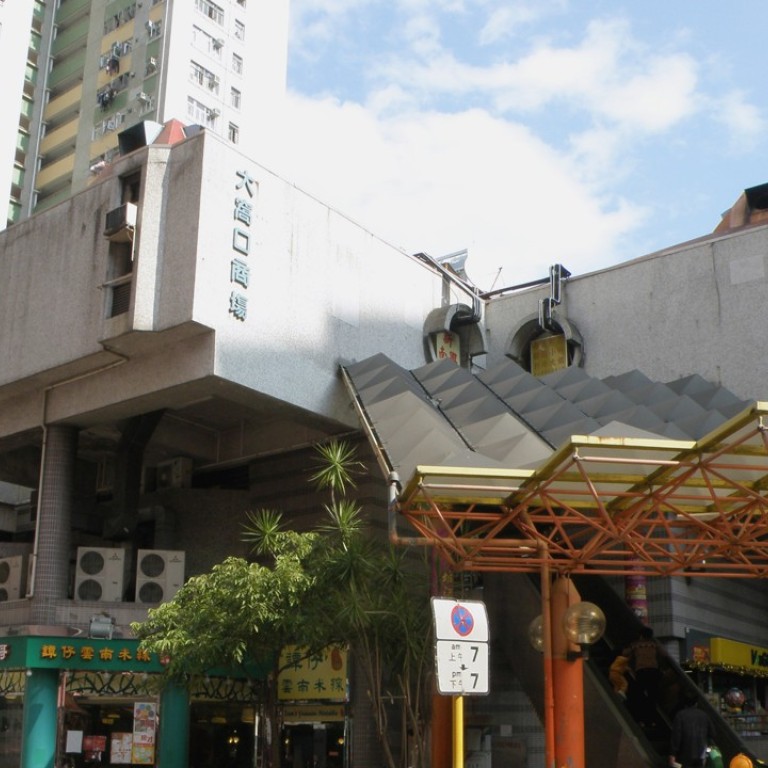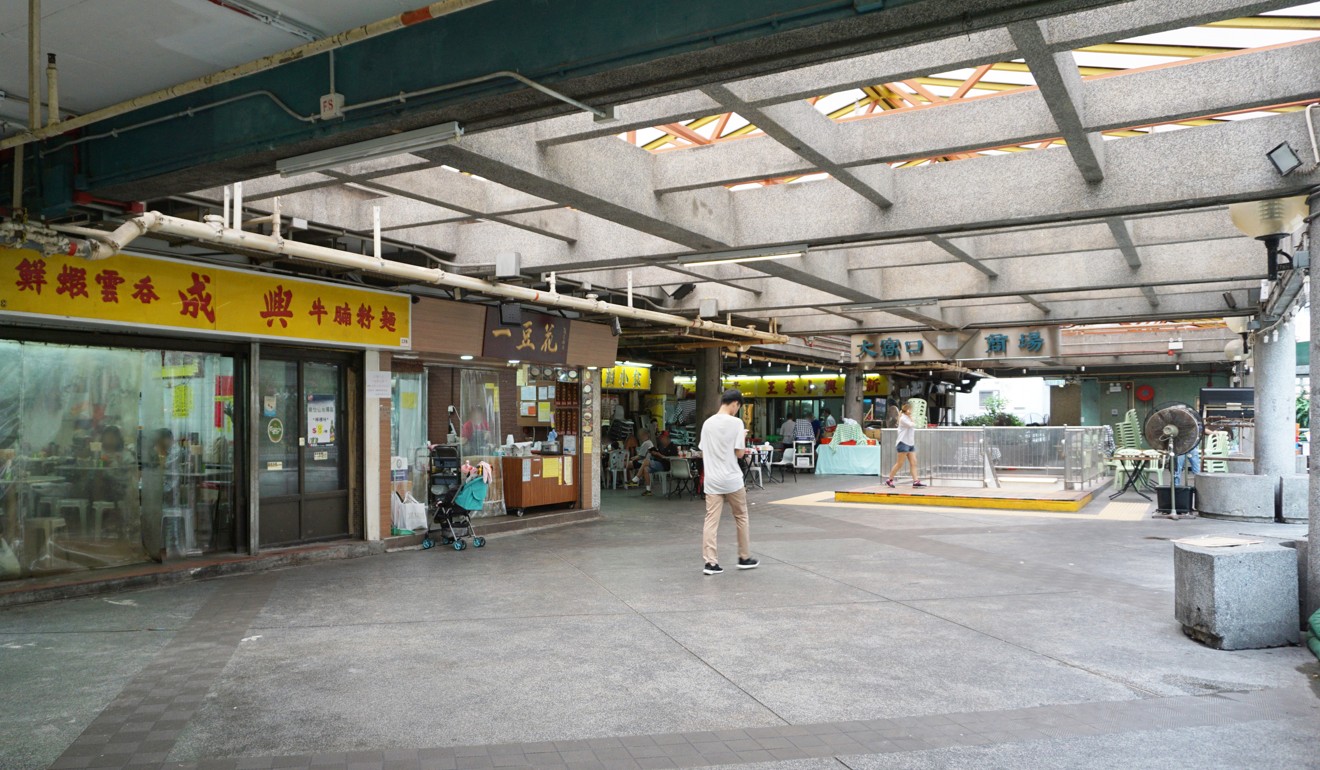
Hong Kong real estate firm Gaw Capital plans to attract NGOs to revitalise local shopping centres after buyout
Company rejects claims that it is speculating after the purchase of 17 malls from the Link Reit
A Hong Kong property firm is planning to attract NGO tenants with low rent to revive some of the 17 shopping centres bought from the Link Reit, the company said on Wednesday, rejecting suspicions it was a speculator.
The new deal immediately triggered fear among small tenants in the malls that they could face massive rent hikes and be priced out of their businesses. Some malls far from frequent public transport have also been semi-abandoned for years, raising doubts as to whether the new owner would revive them for the needs of local communities.
All but one of the malls are in low-rent public housing estates, mostly with ageing populations and poor families.
Tenants of small shops fear ‘inevitable’ rent rises that will force them out after Link Reit’s HK$23 billion mall sale
Gary Wong Chi-him, director of public affairs and marketing at Gaw Capital, said the company had been in talks with non-governmental groups, such as the Hong Kong Council of Social Service, and inviting them to operate in some shopping centres. He said the company hoped this would rekindle local people’s interest in these malls and attract more visitors.
For example, he said, a strip of shops under Fu On House at Tai Wo Hau Commercial Centre was largely vacant. Wong said the company planned to turn the strip into an “NGO street”, which would not only cater to local people’s needs, but also attract visitors.

He would not say exactly how much the company would charge, but that the rent would not be so high as to deter NGOs from considering the offer.
“Public housing estate shopping centres need to provide what local neighbourhoods need,” Wong said. “If we lease to businesses that local people don’t want, even if they can pay higher rents, they will not be able to survive eventually.”
Wong also vowed not to price out some popular and well-respected family-run shops, although he declined to reveal how many original tenants in the 17 malls had their contracts renewed or how much rent the company asked for.
He added that some contracts would not end for a long while, so it was not time to summarise renewal situations.
Hong Kong malls test experiential concepts to sustain traffic in battle against e-commerce
But Kwai Tsing District Council member Wong Bing-kuen, of the Democratic Party, said the manager of at least one shop in Tai Wo Hau Commercial Centre had complained to him about a rent hike of more than 20 per cent by Gaw Capital. Wong said the tenant had been considering closing down.
“We welcome the idea of an NGO street,” he said. “It’s quite creative. But we hope [Gaw Capital] will discuss with us in detail what its plan is for existing tenants. Many of them are anxious because the company has not discussed with them about contract renewals.”
A spokesman for Hong Kong Council of Social Service said the council always encouraged the business sector to support social work, including providing low-rent venues. He said the group was still in talks with Gaw Capital and could not provide more details.
Concern group Link Watch released a survey in March, which found 83 per cent of 122 tenants in the 16 public housing estate malls worried they would face massive rent hikes or even refusal of new contracts.

